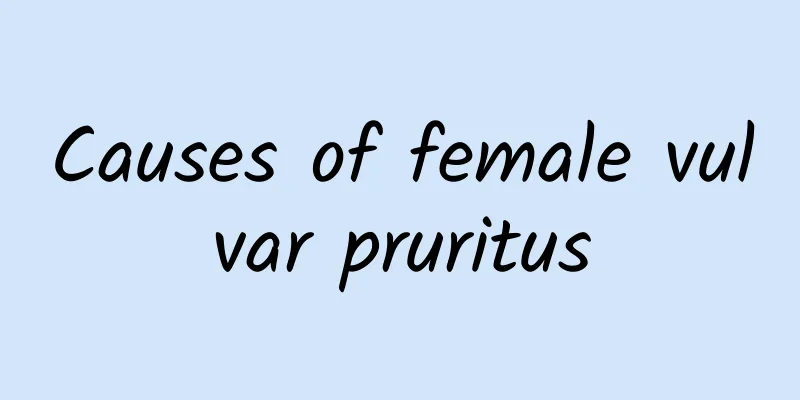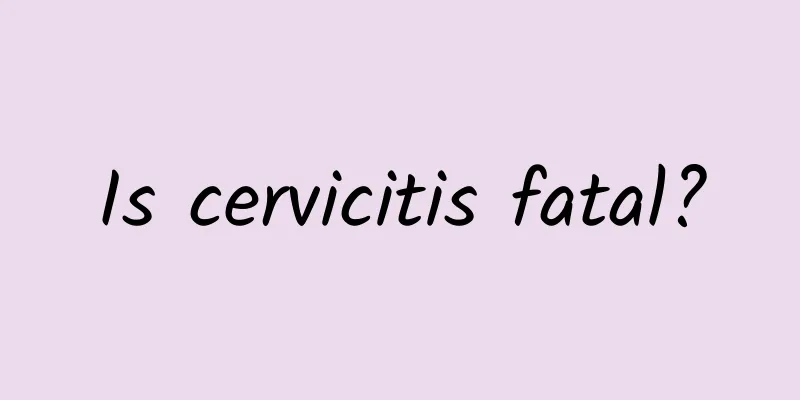Causes of female vulvar pruritus

|
Vulvar itching in women is often caused by a variety of factors, including genetics, environmental changes, and physiological changes, which require a comprehensive understanding to find the right solution. Genetic factors may make some women more susceptible to vulvar itching, and family history may increase the risk. Environmental factors such as moisture, chemical irritation, or improper use of hygiene products may also cause itching, especially non-breathable clothing or detergents containing harsh chemicals. Physiological factors such as hormonal changes, immune system abnormalities, or internal diseases such as diabetes may interfere with skin health and induce vulvar itching. To treat vulvar itching, the cause must be determined first and the appropriate method should be used according to the situation. Medical treatment may include topical steroid ointments to reduce skin inflammation; antifungal drugs if the itching is caused by a yeast infection; and antihistamines for itching caused by allergies. For mild discomfort, local washing with warm water, avoiding irritants, and wearing breathable cotton clothing can be used. If symptoms persist or worsen, you should see a doctor in time and undergo necessary medical examinations to rule out potential serious health problems. To treat vulvar itching, the cause must be determined first and the appropriate method should be used according to the situation. Medical treatment may include topical steroid ointments to reduce skin inflammation; antifungal drugs if the itching is caused by a yeast infection; and antihistamines for itching caused by allergies. For mild discomfort, local washing with warm water, avoiding irritants, and wearing breathable cotton clothing can be used. If symptoms persist or worsen, you should see a doctor in time and undergo necessary medical examinations to rule out potential serious health problems. To prevent vulvar itching, you should pay attention to daily hygiene and healthy living habits, including a balanced diet and moderate exercise to enhance immune function. In daily life, you can choose to use mild and non-irritating care products, keep the vulva clean and dry, and try to avoid wearing tight clothing for a long time. A healthy lifestyle not only helps reduce the occurrence of vulvar itching, but also contributes to overall health and reduces the risk of related complications. If itching occurs frequently or is difficult to relieve, it is recommended to seek help from medical professionals for targeted treatment. |
<<: What is the cause of cervical cyst after uterine fluid accumulation
>>: What are the sequelae of severe adnexitis?
Recommend
What are the early symptoms of ectopic pregnancy?
What are the early symptoms of ectopic pregnancy?...
Things to note after painless abortion
In clinical practice, artificial abortion mainly ...
Can congenital absence of vagina be cured?
Can congenital absence of vagina be cured? Expert...
50% of dried radish contains excessive preservatives, beware of gastrointestinal diseases
Next Saturday, the 23rd, is the Dragon Boat Festi...
What are the dietary taboos for dysmenorrhea?
Dysmenorrhea is a common gynecological disease in...
Refuse to be a "sodium" beauty during the Mid-Autumn Festival! Nutritionist: Homemade salsa can reduce the calories of barbecue by 60%
Barbecue, mooncakes and pomelo are essential for ...
Avocado helps with weight loss, bowel movements, and is good for the cardiovascular system! Ketogenic diet is essential, 3 tips to eat smartly
Avocado, known as the "cream of the forest&q...
Can you get heatstroke in winter? 3 tips for first aid when you faint while running
Run for love, do what you can! A 32-year-old groo...
Will painless abortion cause infertility?
Painless abortion can lead to infertility, that&#...
How to treat multiple uterine fibroids? Can multiple uterine fibroids only be treated with surgery?
With the increasing incidence of uterine fibroids...
How much does it cost to cure pelvic peritonitis?
In daily life, many women are troubled by pelvic ...
What is the sonographic appearance of uterine fibroids?
Uterine fibroids are a common gynecological tumor...
The cost of treating cervical erosion, 5 factors that affect how much it costs to treat cervical erosion
If you have something, don't be sick; if you ...
How to deal with ectopic pregnancy
Ectopic pregnancy requires different treatment me...
What are the dangers of having an abortion within two months? The harm of abortion to women is manifested in two aspects
Abortion is a very common choice nowadays. When c...









